The Armed Forces’ heritage represents more than 3700 sites.
The opening of the Ministry of the Armed Forces’ sites to filming is part of a policy to promote the State’s intangible heritage.
The hosting of film shoots is managed by the Film and Creative Industries Mission, which must respect the obligations of the Ministry in order to control the possibilities of filming:
- Priority to the operational.
- Application of the rate schedule.
- Signature of the convention.
Role of the Film and Creative Industries Mission
- Gateway to all projects related to the military world or the issues of defense in the film, audiovisual, comic book, video game, etc.
- Global support from the reception of the shooting to the editorial advice.
- Editorial advice: writing advice, technical advice and expertise, immersion, training …
The objective is to bring verisimilitude and credibility to the projects developed, whatever their nature (audiovisual projects, comics, video games…). Experts provide authors with their know-how and knowledge in full respect of their creative freedom.
- Hosting film shoots: the Ministry’s real estate assets are rich and varied. Some typical military sites (camps, forts, batteries, semaphores, air and naval bases) or prestigious sites, some of which are listed as historical monuments, can be used for audiovisual projects.
Procedure
- Centralization of filming requests at the level of the Film and Creative Industries Mission.
- Redistribution of requests according to needs to the Armed Forces Information and Public Relations Service (SIRPAS : Land, Sea, Air).
- Evaluation of the opportunities by mutual agreement with the SIRPAS concerned.
=> Notice of opportunity. - Assessment of the technical feasibility with the sites and operational units
=> Feasibility advice.
This notice of opportunity and feasibility advice process can take several weeks, which explains the delays in response. At that moment, the Film and Creative Industries Mission often has to do a lot of convincing work internally. The Film and Creative Industries Mission is not a decision maker. - Contractualization and invoicing.
- Filming.
Documents to be provided
A letter of presentation of the project and precise specifications of the requested support including in appendix:
- Note of intent
- Synopsis
- Scenario
- Expression of needs (location)
- Commitment of a broadcaster (if TV fiction)
- Certificate of insurance policy (guarantee on damages to the State).
Useful information
Centralization of requests by the Film and Creative Industries Mission: a local contact contacted by the production does not have the authority to validate or refuse a shooting. The notice of opportunity, which involves the mobilization of several services and contacts in the Armed Forces, is an essential step. The role of the Film and Creative Industries Mission is to coordinate the exchanges with the whole chain of decisions to be involved in order to welcome the shooting.
Content of the script / subjects: There is no control of the script. However, as the Ministry cannot absorb all requests, priority is given to projects that are able to meet the technical constraints of the Armed Forces. Filming that is not related to the world of the Armed Forces is always possible.
Given the specificities involved in respecting the chain of command and the priority given to the operational aspects of the Armed Forces, it is not recommended to apply to the Film and Creative Industries Mission without a serious project or without specific requests.
Disused sites: Filming in disused sites is more complicated, if not impossible, for security reasons (these sites are no longer maintained or contain hazardous materials) and because of the lack of personnel available to supervise or take responsibility for hosting a team on these sites.
Risk of cancellation of the shooting: The Ministry of the Armed Forces can cancel the shooting at the last moment because of the priority given to the operational needs of the Armed Forces and if there is too great a difference between the needs expressed by the production at the time of the location scouting and at the time of shooting. It is recommended to be precise in the requests and needs of the production as early as possible to avoid cases where the final needs of the productions expressed at the time of shooting could not be met.
Provision of equipment: Any provision of military equipment must be subject to an agreement regulating the technical, legal and financial aspects. It will be established between the ministry and the production company, before the beginning of the shooting. It is an agreement in addition to the one for the provision of filming locations.
Conditions for the provision of equipment
- The operational activity of the military units remains a priority in all cases.
- The equipment requested must not have an equivalent in the private sector. Indeed, many private service providers, associations or collectors are able to provide military equipment and accessories.
- The provision of equipment gives rise to the payment of a fee established according to the rates in force within each of the armies.
The operation or transport of military equipment is very expensive. In order to avoid an expensive bill, the Film and Creative Industries Mission proposes to the productions to be based on the use of the equipment by the operational units. There is no free provision of equipment.
Invoicing takes into consideration the costs of the necessary and authorized (and therefore military) personnel for the use of military equipment (for example: helicopter pilot).
Equipment classified as “confidential” or protected cannot be made available, as well as any other non-specific equipment that is not for military use.
Fees
The Armed Forces grid distinguishes:
- The genres of production
- The different phases: editing/disassembling – shooting
- The size of the technical team
- The categories of sets
The product of the royalty is partly paid back to the site having hosted the shooting.
Website
Contacts
Eve-Lise Blanc-Deleuze
Head of the Film and Creative Industries Mission of the Ministry of the Armed Forces
+33 (0)9 88 67 29 84
Mickaël Molinié
Deputy Head of the Film and Creative Industries Mission of the Ministry of the Armed Forces
+33 (0)9 88 67 29 49
Patrick Blanc Brude
Film and Creative Industries Mission of the Ministry of the Armed Forces
+33 (0)9 88 67 24 12
patrick.blanc-brude@intradef.gouv.fr

